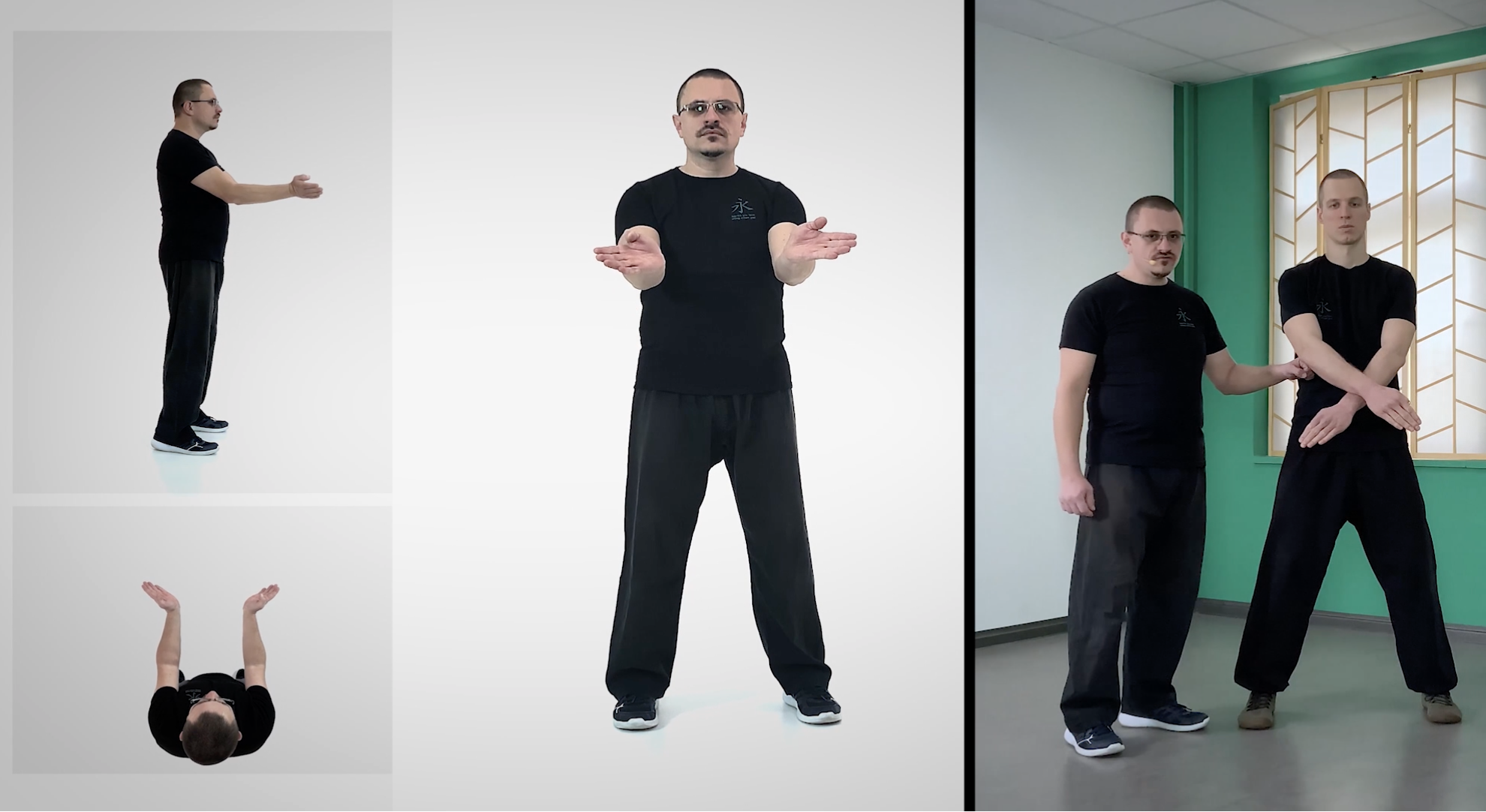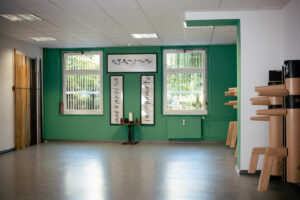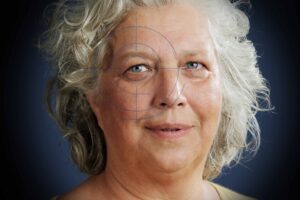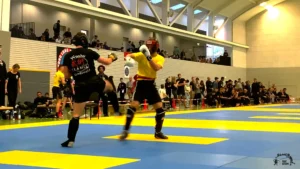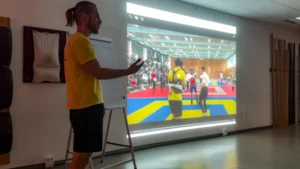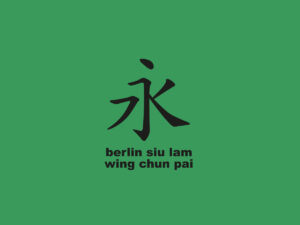Form training in Siu Lam Wing Chun:
From basic to mastery
Form training is an integral part of Siu Lam Wing Chun and offers comprehensive training ranging from basic to advanced techniques. It begins with the fundamental form “Wing Chun Kyun”, the core of the martial art and its namesake, which is essential for understanding the basic structures and power transmissions. This form builds the foundation on which further complex forms are built.
After learning the “Wing Chun Kyun”, practitioners continue with the “Saam Baai Fat”, a form that combines hand techniques with the basic footwork of Southern Chinese Kung Fu. This form is not only used to practice structure and power transmission, but also to spatially align the body and improve coordination in the eight cardinal directions. This helps practitioners to increase their agility and precision of movement and to position themselves effectively in different combat situations.
“Zong Kyun” extends the challenge by integrating footwork and angles based on the techniques and concepts of the wooden dummy. This form allows for very free movement and promotes a comprehensive mastery of the martial art by emphasizing the footwork of Siu Lam Wing Chun. It encourages practitioners to apply techniques fluently and in different directions, allowing for greater adaptability in real-life combat scenarios.
“Soung Gung”, another advanced form originally developed by Yeung Tim and integrated into the Tang family curriculum via Tang Pok, combines hand techniques with special Siu Lam Wing Chun footwork. This form particularly trains structure and power transmission as well as speed and softness. The exercises within this form are designed to train coordination in space and prepare the fighters to perform successfully in Siu Lam Wing Chun.
Through the systematic progression of these forms from the simple to the complex and from static to dynamic movements, practitioners gain a deep understanding of the art of Siu Lam Wing Chun both unarmed and in the use of short weapons and long weapons. This structured training not only helps to perfect the techniques, but also promotes personal development and philosophical reflection on self-defense and martial arts.
Membership including online course
